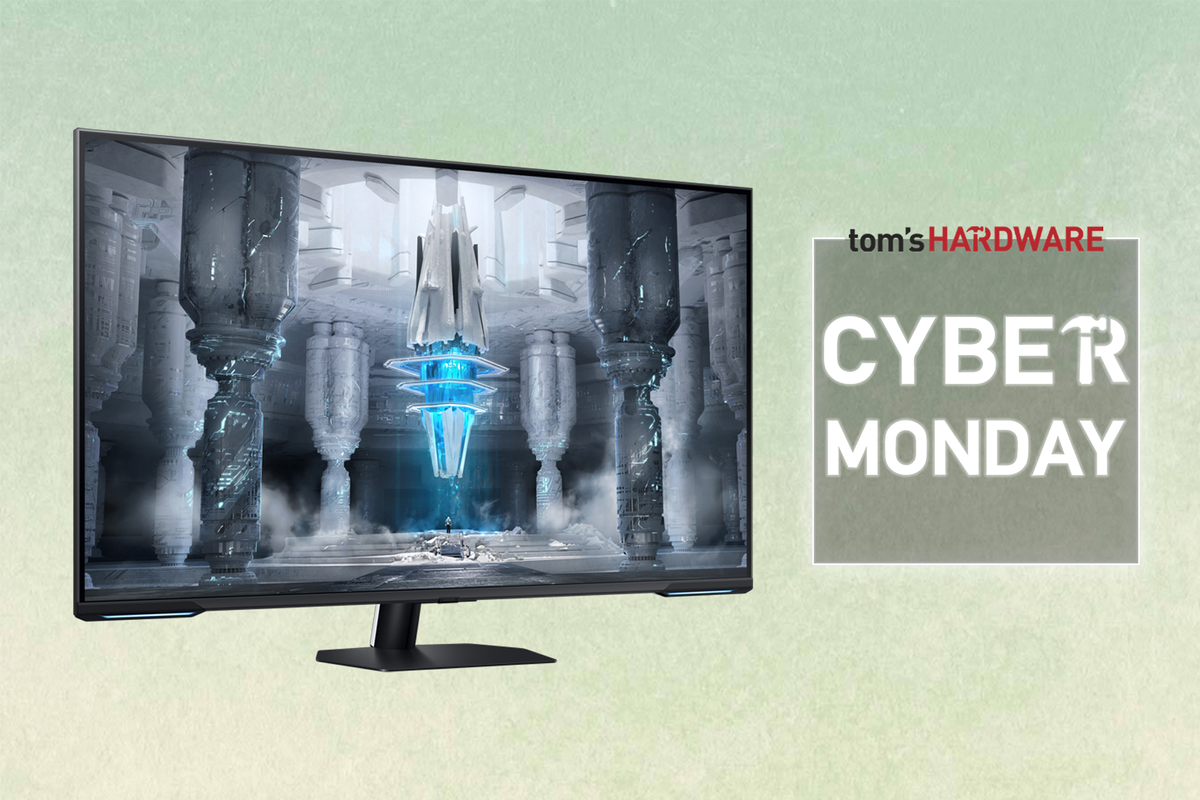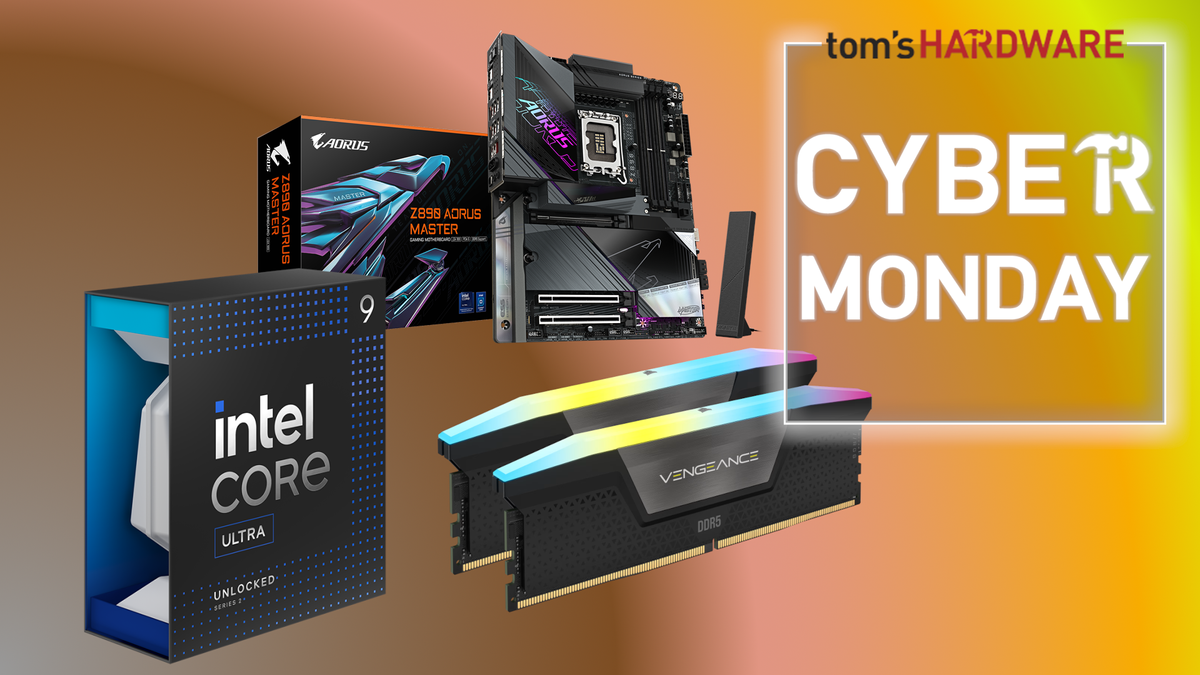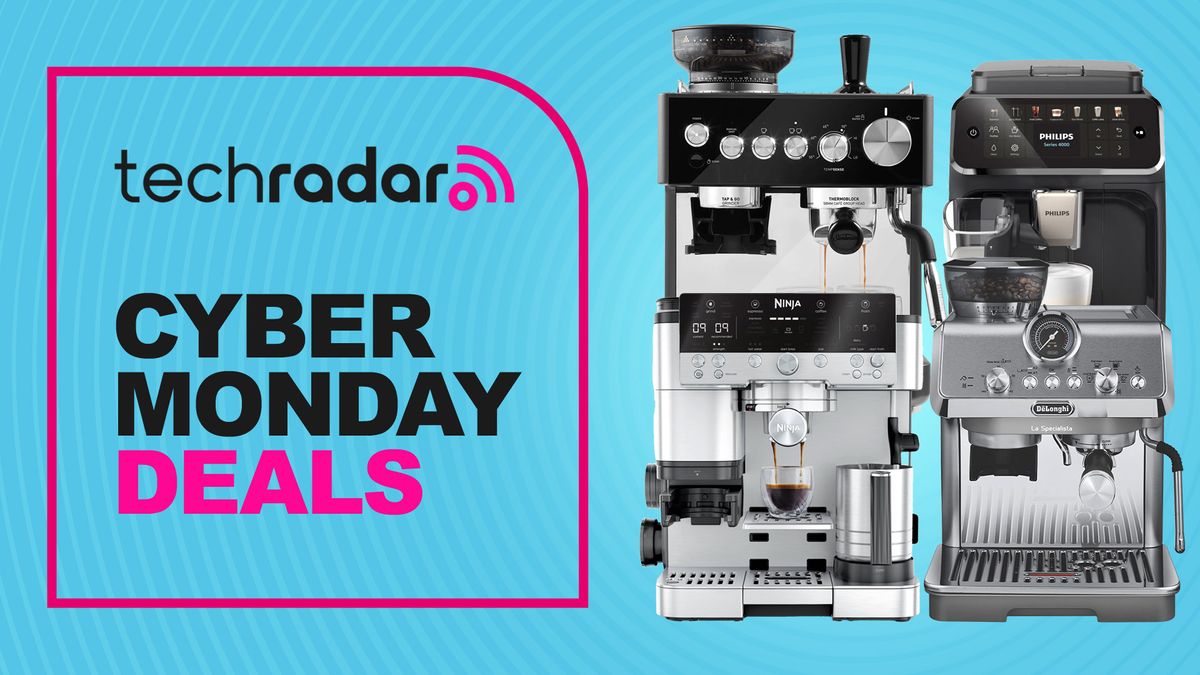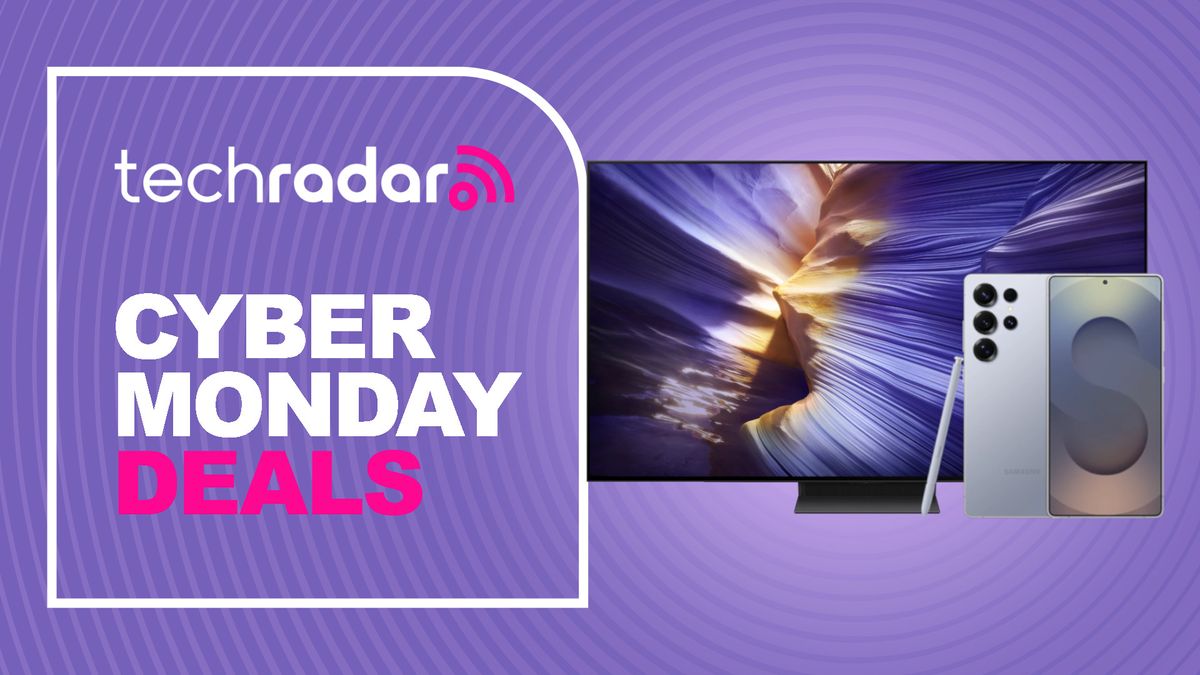SiPearl, a CPU developer funded by the EU, this week introduced its Ahena1, Europe's first high-performance processor with up to 80 cores designed for both civilian and military use. The CPU relies on the Rhea design but will be packed with sophisticated encryption and security capabilities when it becomes commercially available in the second half of 2027. Speaking of Rhea, the chip was taped out this summer and will sample in early 2026, marking another half-year delay.
SiPearl's Athena derives from the company's Rhea processor, but is enhanced with security and data integrity features that are demanded by government, aerospace, and defense applications. Specifically, the CPU is said to enable workloads like encrypted communications, intelligence analysis, cryptographic operations, and on-vehicle processing in defense and aerospace environments.
Athena1 is based on Arm’s Neoverse V1 architecture and will be available in five configurations, offering 16, 32, 48, 64, or 80 Neoverse V1 cores, a range that enables adaptation to diverse performance and thermal profiles across a variety of applications from high-end workstations or servers to military vehicles.
From a silicon point of view, SiPearl's Athena1 indeed seems to be Rhea — or Rhea1, as the company calls it — as it features up to 80 Neoverse V1 cores with dual 256-bit Scalable Vector Extension units, consists of 61 billion transistors, and will be made by TSMC. However, the image demonstrated by SiPearl depicts a CPU without four HBM modules that are featured in Rhea — which are no longer needed for a CPU that is not designed for AI or HPC applications — and we can only wonder whether the processor retains a 256-bit DDR5 memory interface to provide enough memory bandwidth and capacity, as well as 104 PCIe 5.0 lanes.
SiPearl has contracted TSMC to produce and package both Rhea and Athena CPUs. Interestingly, while the initial packaging of Athena (which will not use any advanced packaging because it does not use HBM2E) will occur in Taiwan, SiPearl plans to shift this stage to Europe over time to reduce reliance on foreign ecosystems. The manufacturer expects Athena to be available in the second half of 2027, slightly later than Rhea, which is in the bring-up process and set to sample in 2026.
A big question is whether CPUs based on Neoverse V1 cores (unveiled in 2020) made on TSMC's N6 process technology (which belongs to TSMC's 7nm-class generation introduced in 2019) will offer competitive performance and efficiency in 2027, considering there will be CPUs featuring Neoverse V3 or even V4 on the market. SiPearl argues that the key advantage of its processor is its sovereign nature, but it remains to be seen whether this will convince businesses.
"In an era of geopolitical uncertainty, with cybersecurity issues and armed conflicts on the rise, Europe's technological sovereignty is more and more inseparable from sovereign hardware, whether for civil applications or, more importantly, defence," said Philippe Notton, CEO and founder of SiPearl. "It was therefore natural for SiPearl to capitalise on the expertise developed by its R&D teams in HPC to develop a new version of our first processor that perfectly meets the needs of dual-use purposes. As part of the roadmap entrusted to us by Europe to foster the return of high-performance processor technologies to the continent, Athena1 is the perfect complement to Rhea1 in helping to assert Europe's strategic independence."
Get Tom's Hardware's best news and in-depth reviews, straight to your inbox.
Follow Tom's Hardware on Google News, or add us as a preferred source, to get our up-to-date news, analysis, and reviews in your feeds. Make sure to click the Follow button!

 1 month ago
73
1 month ago
73








 English (US) ·
English (US) ·